ASX-listed Australian Vanadium Limited (AVL) has signed a non-binding Memorandum of Understanding (MOU) with EPC provider and supplier of high-end critical uninterruptible power supply systems Metrowest Power Systems, to pursue opportunities for deployment of vanadium redox flow battery technology (VRFB) in Australia. The companies hope to push forward with larger projects and pave the way for the VRFB technology to demonstrate its strengths.
The new alliance will rely on Metrowest’s track record and connections in industrial and utility sectors and the financial, marketing and technical capabilities of AVL and its 100%-owned subsidiary VSUN Energy, provides promotion, installation and maintenance of energy storage solutions using VRFB. “This agreement will allow the companies to work together to bring to fruition some of the bigger project opportunities that we’ve been unable to tackle on our own,” AVL Managing Director, Vincent Algar, said. “VSUN’s marketing and energy analysis has been very successful, but with a lack of experience in implementation it has certainly been difficult to persuade government agencies, for example, about the aptitude of the company and the VRFBs it offers.”
The MOU is for an initial term of 12 months, during which time the parties will investigate the potential to formalise the partnership. VSUN Energy alongside Metrowest will continue to offer VRFB from a variety of manufacturers, with joint projects being focused on 250kW/1MWh up to the multi-megawatt size.
Looking to become a new low-cost vanadium producer, AVL is developing its Australian Vanadium Project, one of the highest-grade vanadium projects globally with 183.6 million tonnes at 0.76% vanadium pentoxide. Proved ore reserves amount to 9.82 million tonnes at 1.07% and the project holds a probable reserve of 8.42 million tonnes at 1.01%. The project is based on a proposed open pit mine; crushing, milling and beneficiation plant and refining plant for final conversion and sale of high quality vanadium pentoxide for use in steel, specialty alloys and energy storage markets. The company has also developed a local production capacity for high-purity vanadium electrolyte, which forms a key component of VRFB.
As for other grid-scale VRFB developments, Canadian company CellCube Energy Storage Systems and Pangea Energy have signaled intention to install a 50 MW/200 MWh vanadium redox flow battery storage system in South Australia. The Pangea Storage Project is in the latter stages of pre-development at a 79-hectare Port Augusta site. Pending due diligence and review the constructions are set to take place in late 2019.
This content is protected by copyright and may not be reused. If you want to cooperate with us and would like to reuse some of our content, please contact: editors@pv-magazine.com.
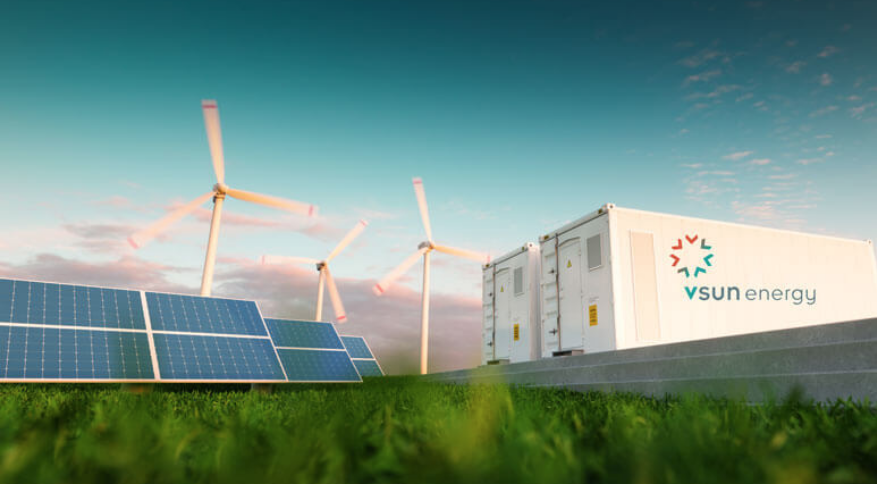
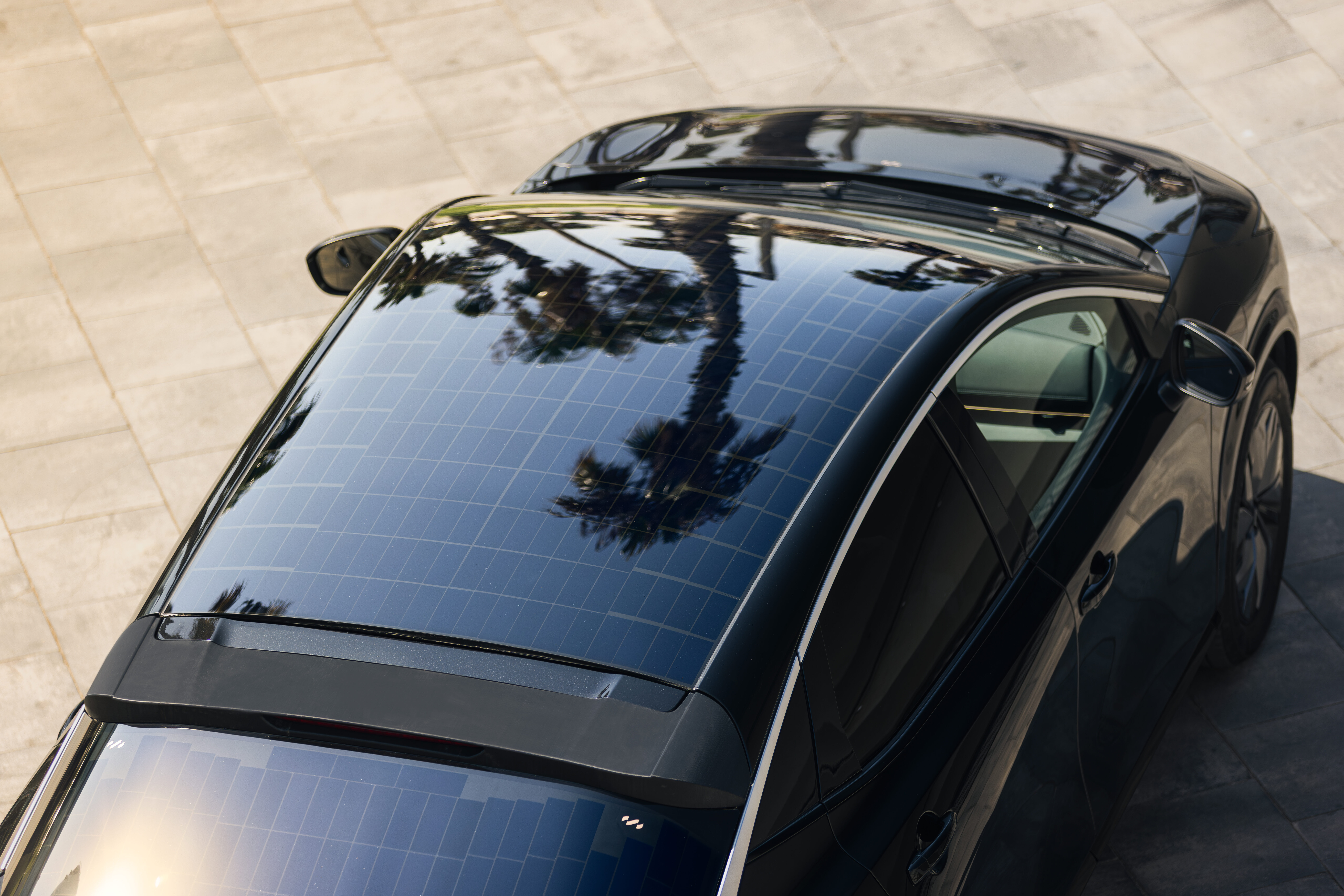


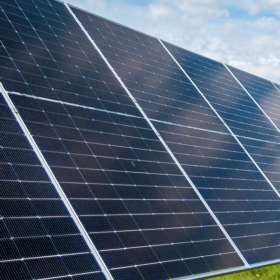


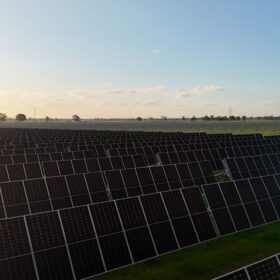
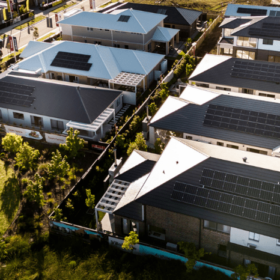
@Marija Maisch, Remember a couple of month’s ago, you wrote an article on energy storage and I asked you why redox flow batteries weren’t in the mix? I believe your answer was basically cost $/kWh of storage capacity.
In just this short a period of time, what has happened that would drive this technology in the business sector? From the article it seems like these systems are relatively ‘small’ in capacity, 250kW/1MWh. Kind of counter to the concept of economies of scale to bring prices down. Were you able to find a $/kWh cost for this system? I looked for a ‘cost’ for the VSUN product and could find nothing. I was able to find a ‘claim’ from UET Inc. that their energy storage systems can ‘store’ energy at 5 cents/kWh. But these units are large scale utility energy storage.